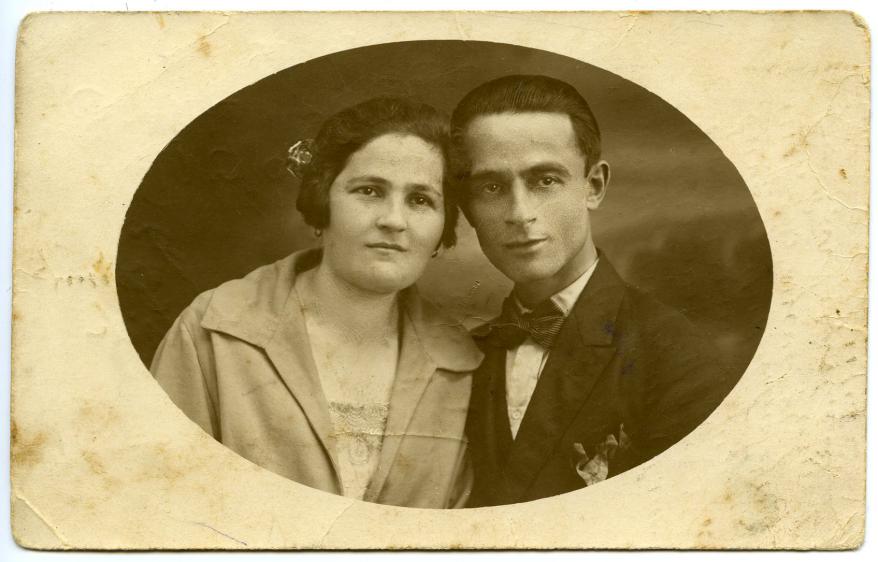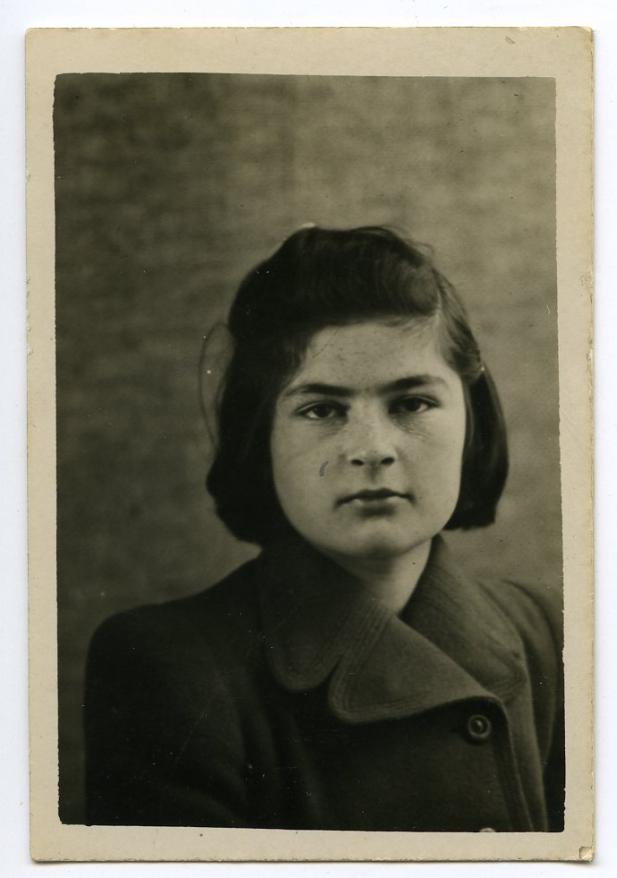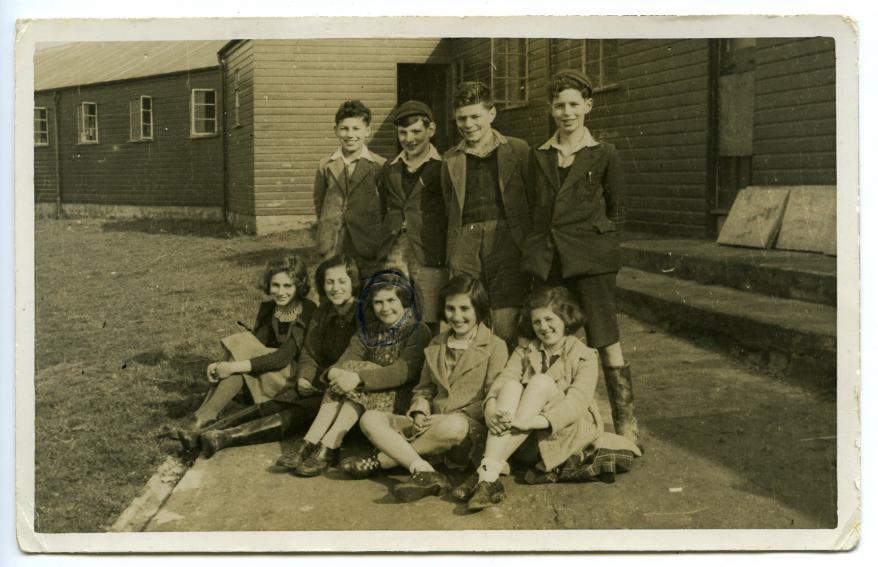





.jpg?itok=QcD58cKy)
.jpg?itok=u_y3TiFY)
Yad Vashem, the World Holocaust Remembrance Center, is commemorating 80 years since the Kindertransport with a new display of rare artifacts which belonged to children who escaped Nazi Germany on the eve of the Holocaust.
From December 1938 until the outbreak of World War II on 1 September 1939, the Kindertransport – German for "child transportation" – saved more than 10,000 Jewish youth from Nazi–occupied Germany, Austria and Czechoslovakia, and brought them to safety in the United Kingdom.
The new display is placed prominently in the Visitor's Center, adjacent to the Holocaust History Museum, which was visited by more than 1 million people in 2018. The display contains items, donated to Yad Vashem, taken by two young girls on their escape from Nazi Germany.
Marion Rochmann, 14, from Berlin brought her toy puppy from Germany to England on Kindertransport. Marion, the only child of Carl and Elsa, was sent to London where she stayed at the home of family friends.
Her parents were deported from Berlin in 1942 to their deaths. The puppy doll is one of the only items left from Marion’s murdered parents’ home. During her stay in England, Marion wrote “A Song for Mother”: “For the first time in my life, I cannot give you anything [for your birthday]. Don’t be too sad – it will all pass. I’m sure you realize how much hope and good cheer I wish you during your present sorrow. I am sure we will meet again next year; perhaps we could go to the Metropolitan Museum. “
Anna Nussbaum, 10, from Vienna, was sent to Ireland, where she joined her older sister Clara, who had arrived a short while beforehand.
“My father took me to the train,” Anna later recalled. “My mother could not stand another separation, and she cried all the time that I, her second daughter, was going too. When we got to the train station, Gestapo soldiers came and checked the suitcases to see that we had not taken anything superfluous to my needs. I started to cry. I didn’t want to get on the train. So my father went to one of the stalls where he bought me this dog-shaped pin... That’s how he convinced me to get on the train.“
Anna arrived at the home of an Irish family, where she remained for a year. From there, she went to a Jewish youth training camp to prepare for immigration to Israel. The reddish puppy pin is Anna’s last gift from her father. She never saw her parents again; they were deported from Austria and murdered.
"The children of the Kindertransport were sent to a foreign country without their parents and without knowing the language, and were transferred to foster families or children’s homes run by local Jewish communities. The children didn't imagine that they would never again see their parents, most of whom were murdered in the Holocaust."
Yad Vashem's Museum's Divisions Director Vivi Uria said.
"Through this display we hope to bring attention to the incredible story of the Kindertransport and the personal stories of children like Anna and Marion.
"Yad Vashem’s collections contain a variety of items which the children of the Kindertransport took with them from their parents’ homes. Some symbolize the home that once was and is no longer, others the sad moment of separation from the family they left behind.
"These artifacts join tens of thousands more in Yad Vashem's Collections which will be stored in the Shoah Heritage Collections Center, a brand new state-of-the-art facility to be built on the Mount of Remembrance, which aims to preserve, catalogue and display these items as everlasting witnesses to the horrors of the Holocaust."









